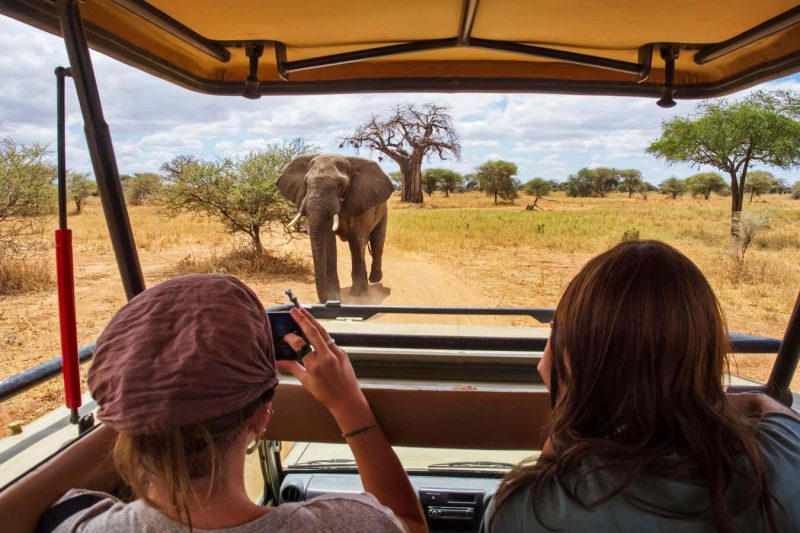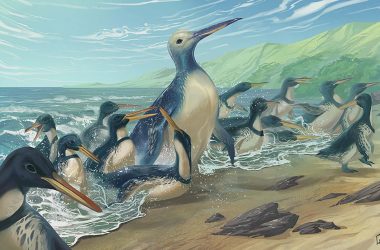
Many animals in the savannah react most fearfully to human voices rather than the growls and snarls of lions, indicating that humans are perceived as scarier predators. A study conducted by Michael Clinchy at the University of Western Ontario in Canada found that giraffes, elephants, impalas, rhinoceroses, leopards, and other mammals in a South African wildlife reserve were twice as likely to run away from loudspeakers playing human sounds compared to those playing lion sounds.
Implications for Wildlife Perception of Humans
The study suggests that animals in protected areas view all humans as potential threats, regardless of their intentions or activities. Whether one is a wildlife tourist, poacher, or researcher, the presence of humans is perceived as equally malignant. This perception of human danger can have ecological consequences and impact wildlife populations.
Studying Fear of Predators
Researchers initially discovered that the fear of predators can cause species to decline in number. To understand which predator animals fear the most, the team compared humans and lions in the study. Lions are often considered the most fearsome predator on land. They set up loudspeakers and cameras near animal paths in the Greater Kruger National Park in South Africa and observed the responses of wildlife to different audio recordings.
Results of the Study
The study captured 15,000 videos of 19 species of carnivores and herbivores reacting to the recordings. The findings revealed that wildlife reacted more strongly and were quicker to flee when they heard human voices compared to lion roars or hunting sounds. Even during the dry season, animals abandoned water holes upon hearing human voices. Surprisingly, lions were the only species that did not fear human voices.
Ecological Consequences of Fear
These findings align with previous studies conducted in North America, Europe, Asia, and Australia, which also show animals having strong fearful reactions to humans. The fear of humans can have significant ecological consequences and negative impacts on wildlife habitats. However, there are potential positive outcomes as well, such as using human vocal recordings to deter wildlife from entering crop fields, livestock farms, or sensitive areas where poaching is likely to occur.
Conclusion
Understanding how animals perceive and react to human voices compared to other sounds is vital in conservation efforts. Recognizing the potential ecological consequences of the fear of humans can help develop strategies to mitigate the impact of human activities on wildlife populations.








